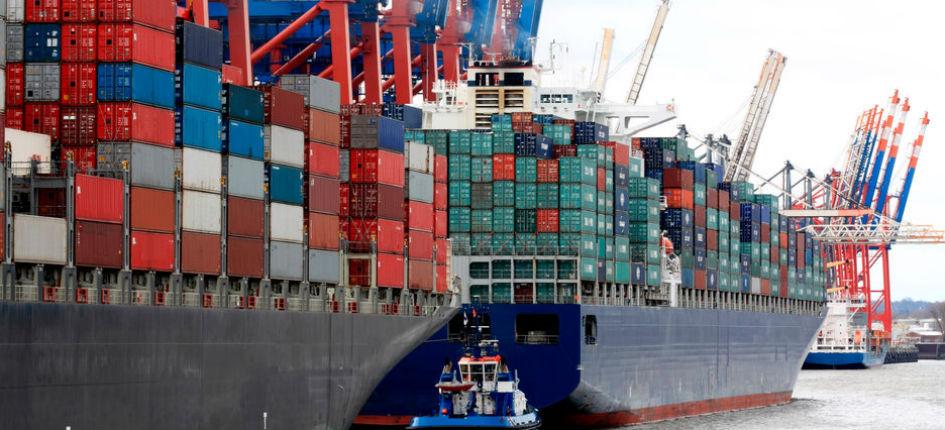Mr. Binter* leads his carpentry firm in the third generation. "A family business, a text book example," the managing director says with a smile. After months filled with anxiety, he's able to smile again.
The carpentry firm has built up a good reputation over the years – far beyond the country's borders. Without hesitation, Mr. Binter accepted a large order in Germany. A five-star hotel was closing for several months in order to undergo a complete renovation. The carpentry firm from Switzerland was commissioned with renovating the noble paneling and replacing the old carpeted floors with herringbone parquet to restore the hotel to its former glory.
After several meetings with the architect and the owner, the wood was selected. Mr. Binter ordered it from a long-term business partner in Poland, whom he knew from experience would deliver the necessary high quality. As the hotel was already advertising a big re-opening in the media, on the website and in its newsletter to the hotel guests, Mr. Binter felt reassured and agreed a guaranteed delivery date with the wood supplier. However, the delivery date passed and in response to their inquiries, the carpentry firm was informed that there were quality problems. A week before the work was due to start, Mr. Binter contacted the wood supplier again. Without success. Mr. Binter was forced to buy the wood at a massively higher price from another supplier. Since he couldn't start the work on time, the hotel renovation schedule was delayed. Mr. Binter was confronted with claims from the owner for an amount of money that would have bankrupted his carpentry firm. So he contacted his legal protection insurer. The lawyer at AXA-ARAG immediately commissioned a lawyer specialized in international contract law. Thanks to his efforts, the offending wood supplier was required to cover in full the additional costs that were incurred due to the short-term wood order, as well as the demands of the owner.
With traditional commitment, the carpentry firm completed the contract to its usual high standard. Mr. Binter is pleased that his company, founded by his grandfather, is still operating today.
What exporting Swiss SMEs need to consider
Whenever two parties conclude transactions, disputes can arise. As in our case study, in which the goods were not delivered to our policyholder on time so that he was unable to fulfill his contractual obligation toward a third party. What can you do if the supplier fails to deliver anything but excuses? Do you have to set a reasonable deadline extension for the delivery or can you immediately rescind the contract and claim damages? What if only some of the goods are delivered and they are defective? Do you have the right to return the goods? What if you are unable to deliver on time?
In the event of a dispute: Which jurisdiction is applicable?
In international cases where there are points of contact in different countries, highly complex questions can arise when there are disputes. For example, which courts in which country are responsible and which law applies to the specific case. The legal situation and the correct legal procedure vary depending on the applicable legal system. For example, in our case study, it was due to the applicability of the Vienna Convention (CISG) that our policyholder had to set a reasonable deadline extension for the delivery. It was only after this deadline had passed without result that he could make use of the appropriate legal remedies. If the Vienna Convention had been excluded and Swiss law had applied, the policyholder would not have been obligated to first set a deadline extension because an exact delivery date had been agreed. Instead, he would have been able to apply the appropriate legal remedies immediately.
This example demonstrates that there are no standard answers to questions regarding correct behavior in the event of a dispute, but that legal clarification is always necessary in each individual case. In general, we recommend drawing up a good contract tailored to your activities as well as agreeing on the jurisdiction of the Swiss courts under Swiss law. It is worth considering on a case-by-case basis whether it is an advantage to exclude the Vienna Convention (CISG).
In summary it can be stated that an examination of the individual case by a specialist is indispensable and essential.
*Name changed by the editor.







